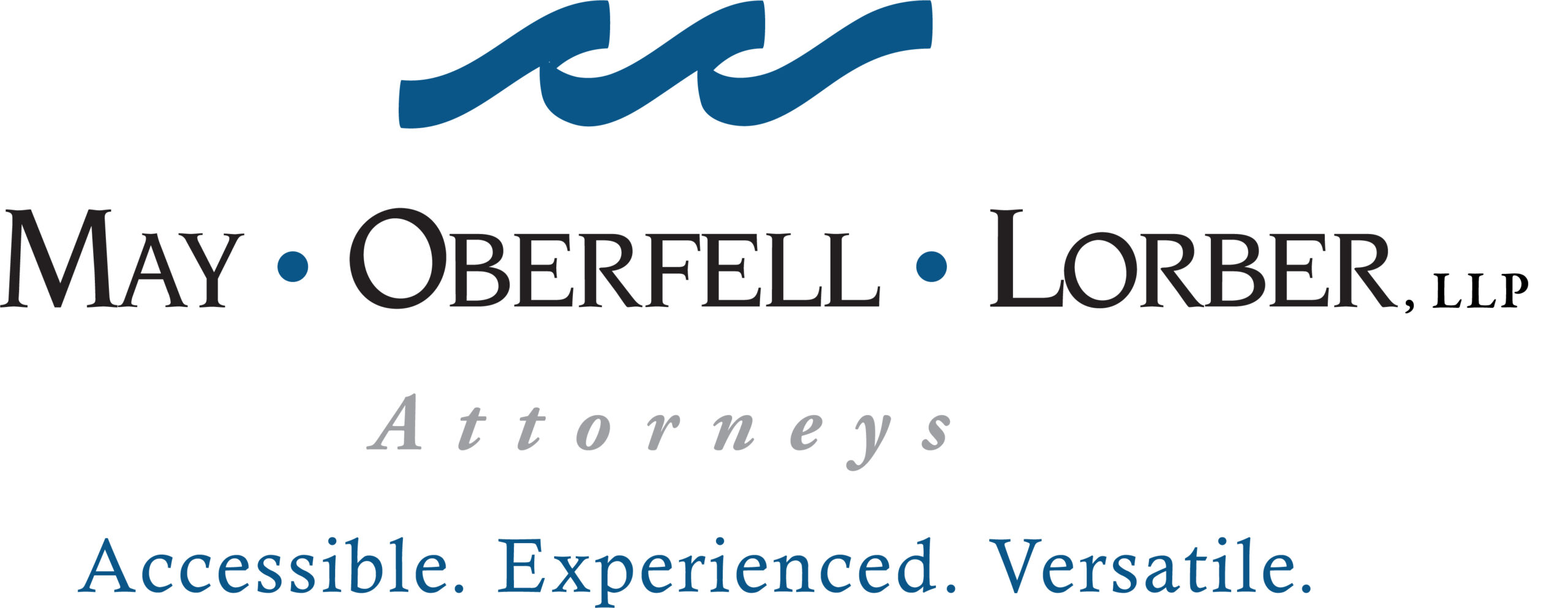COVID-19 Liability Waivers
Universities around the country are requiring students, faculty, and staff to sign COVID-19 liability waivers for the 2020-2021 school year. Several universities have also implemented remote options for schooling so attendees can opt-out of in-person classes this upcoming fall semester. So, will schools actually be liable for the spread of COVID-19 when school starts? By having students and staff “assume the risk” of COVID-19 through signing a waiver, schools are seeking to remove themselves from any liability they may have otherwise.
For students, the fear alone of contracting COVID-19 in classrooms will likely not lead to suits, because of the limitations courts generally place on emotional harms stemming from negligence. This issue was brought before a court a few weeks ago in Weissberger v. Princess Cruise Lines, Ltd., where cruise attendants brought unsuccessful claims against a cruise liner over their fear of contracting COVID-19 on the ship. Also, prison inmates have already initiated several suits against prisons, claiming the facilities’ failures to prevent the spread of COVID-19 amounted to cruel and unusual punishment under the Eighth Amendment. But what about when the infection seeps into the children and young adults of the country?
Of course, schools will tell (and have already told) students and faculty to stay home if they are feeling sick; but an inherent obligation to protect the people on the school’s campus, accompanied with a deadly disease that has a swath of stealthy, asymptomatic carriers, seems to be a potential breeding ground for negligence suits to fester. Liability waivers, such as those students are signing right now, can be voided if they contravene public policy. In the wake of the largest pandemic in the modern era, it is still yet to be seen if public policy suggests that schools are taking the proper precautions to shield themselves from impending liability.
This article is for information purposes only and is not intended to constitute legal advice.
